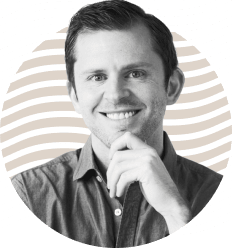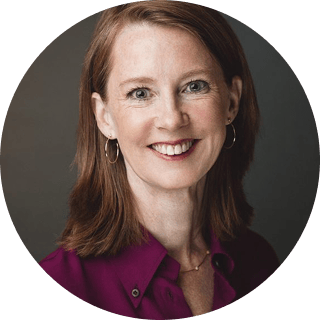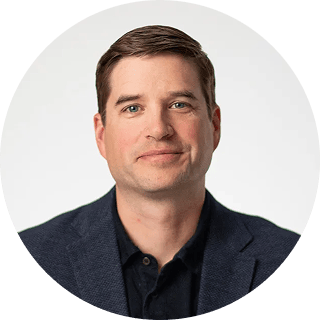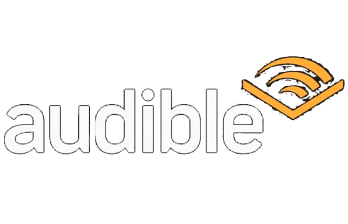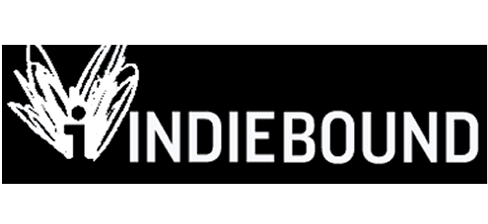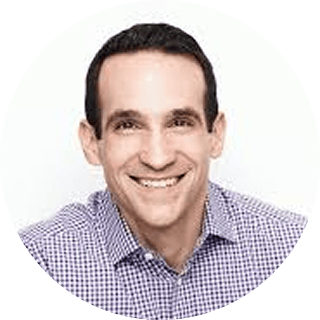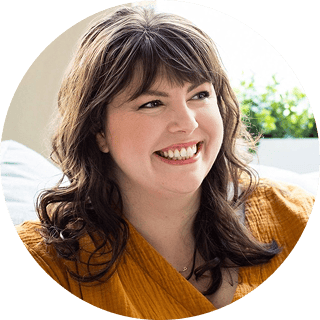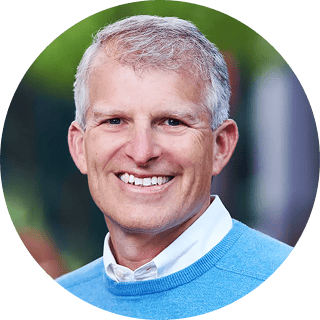Time Anxiety
Break free from time guilt, deadline dread, and chronic rushing with practical solutions for modern life.
“(...) Time Anxiety provides fresh insight into the uneasiness so many of us feel, as well as concrete steps to deal with time guilt, deadline dread, chronic rushing, and other common challenges.”

“A wealth of insanely useful advice, from the practical to the psychological, for breaking free from time anxiety, slowing down, and living on purpose.”

About
the Book
Our relationship with time is one of the most important—and most vexing and unavoidable—aspects of our lives. Whether you're struggling with deadline anxiety, caught in cycles of chronic rushing, or feeling perpetually behind, Time Anxiety offers both profound insights and practical solutions.
This Book Is For You If...
You constantly feel like you're racing against the clock
You're tired of feeling guilty about how you spend your time
You want to stop feeling overwhelmed by deadlines and commitments
You're ready to transform your relationship with time
What You'll Learn
How to break free from time guilt and deadline dread
Practical strategies to stop chronic rushing
Tools for better time management and productivity
Methods to reduce stress and anxiety about time
What People
Are Saying
“Our relationship with time is one of the most important—and most vexing and unavoidable—aspects of our lives. With both brilliant observation and practical advice, Time Anxiety provides fresh insight into the uneasiness so many of us feel, as well as concrete steps to deal with time guilt, deadline dread, chronic rushing, and other common challenges. It's an invaluable resource.”
“Finally! A time management book that won’t just help you run your day, but actually enjoy it!”
“In Time Anxiety, Chris Guillebeau dismantles the myth of urgency and presents a refreshingly human approach to reclaiming our time—not by cramming in more tasks, but by embracing the power of letting go. Thoughtful, practical and deeply relatable, this book shifts our focus from relentless productivity to intentional living.”
"A wealth of insanely useful advice, from the practical to the psychological, for breaking free from time anxiety, slowing down, and living on purpose."
"In a world where there is too much to do and too little time, Chris Guillebeau has managed to write a book on how to get more peace out of your day to day life that's actually easy to read. I highly recommend this practical and compassionate book!”
“A must-read . . . With his signature blend of practical wisdom and relatable anecdotes, Guillebeau tackles the universal struggle and stress of feeling like we're running out of time”
Explore More
Dive deeper into the ideas behind the book—through articles, a quiz, and an interactive game.
